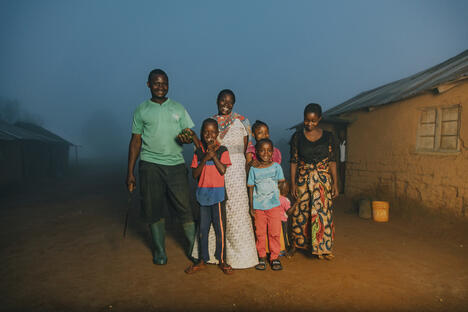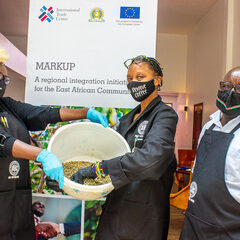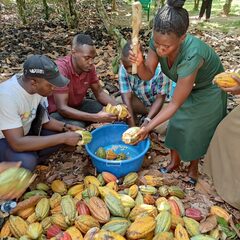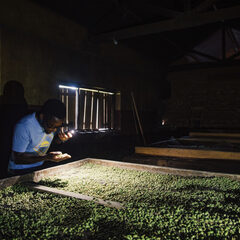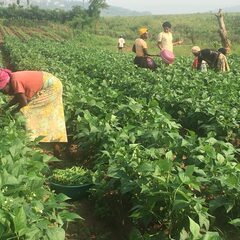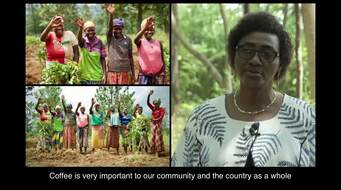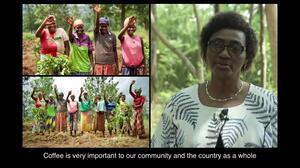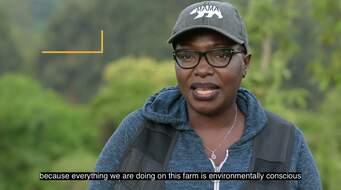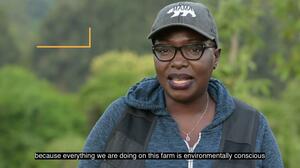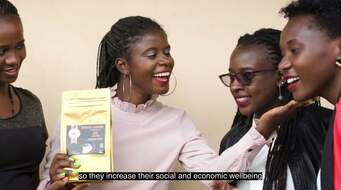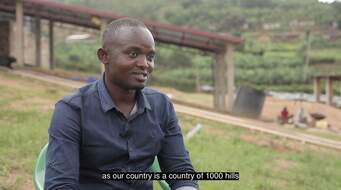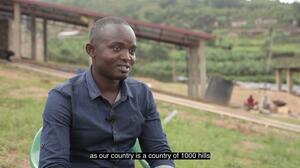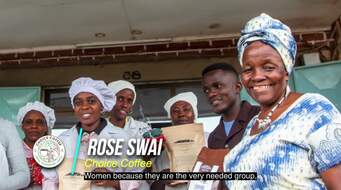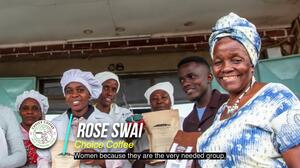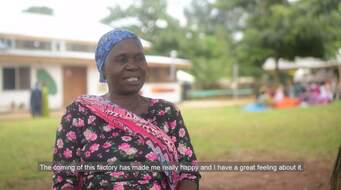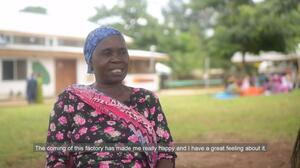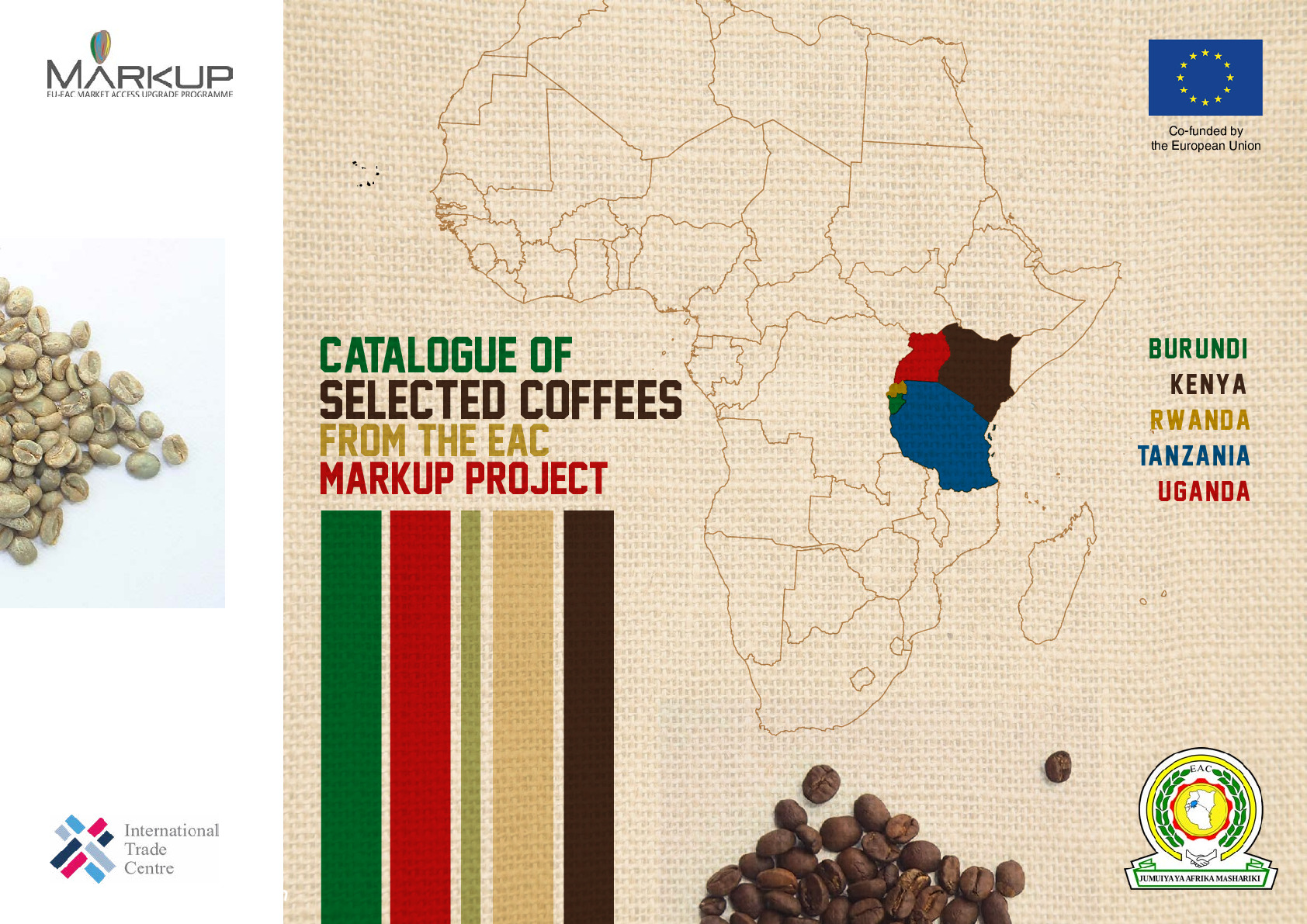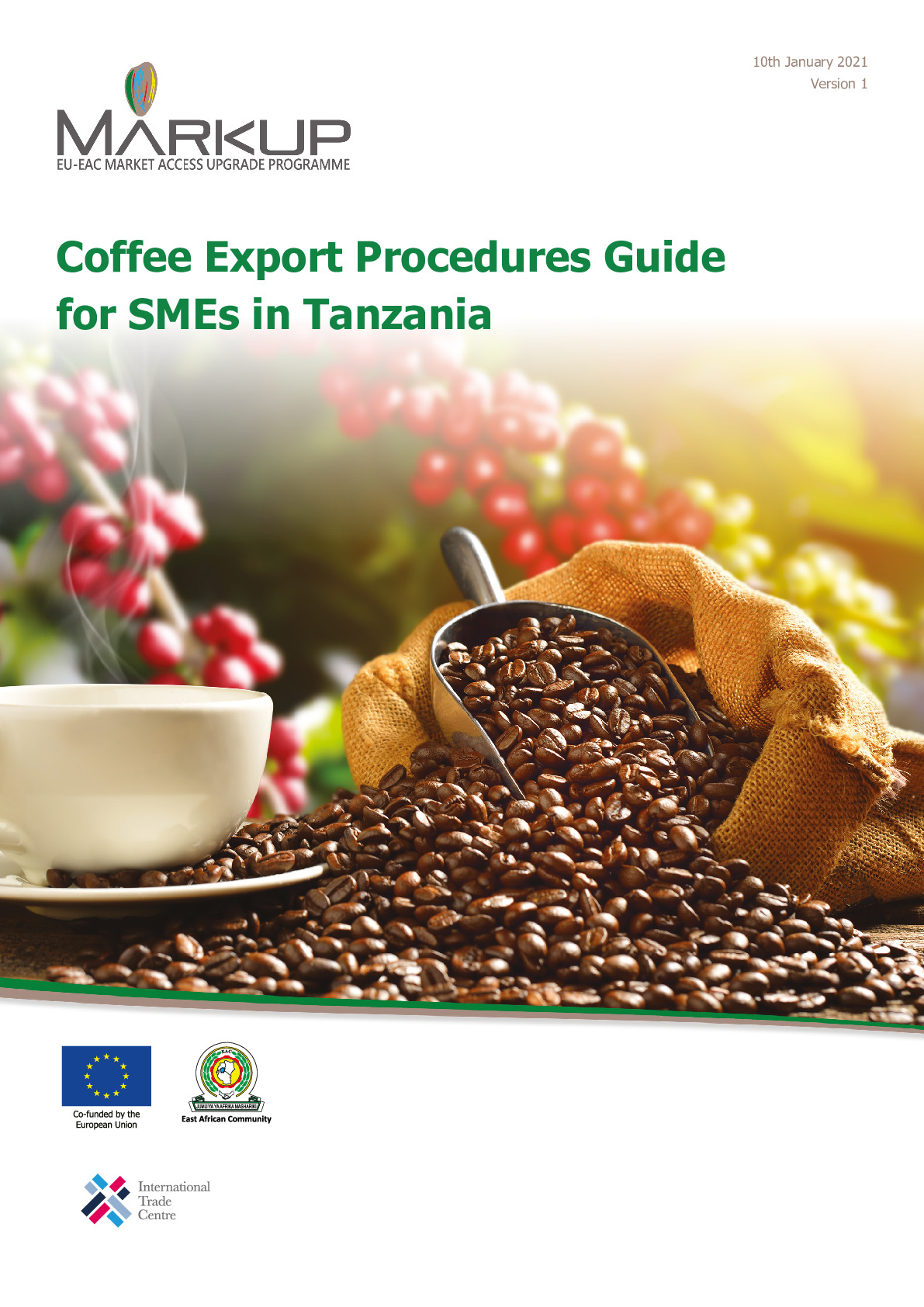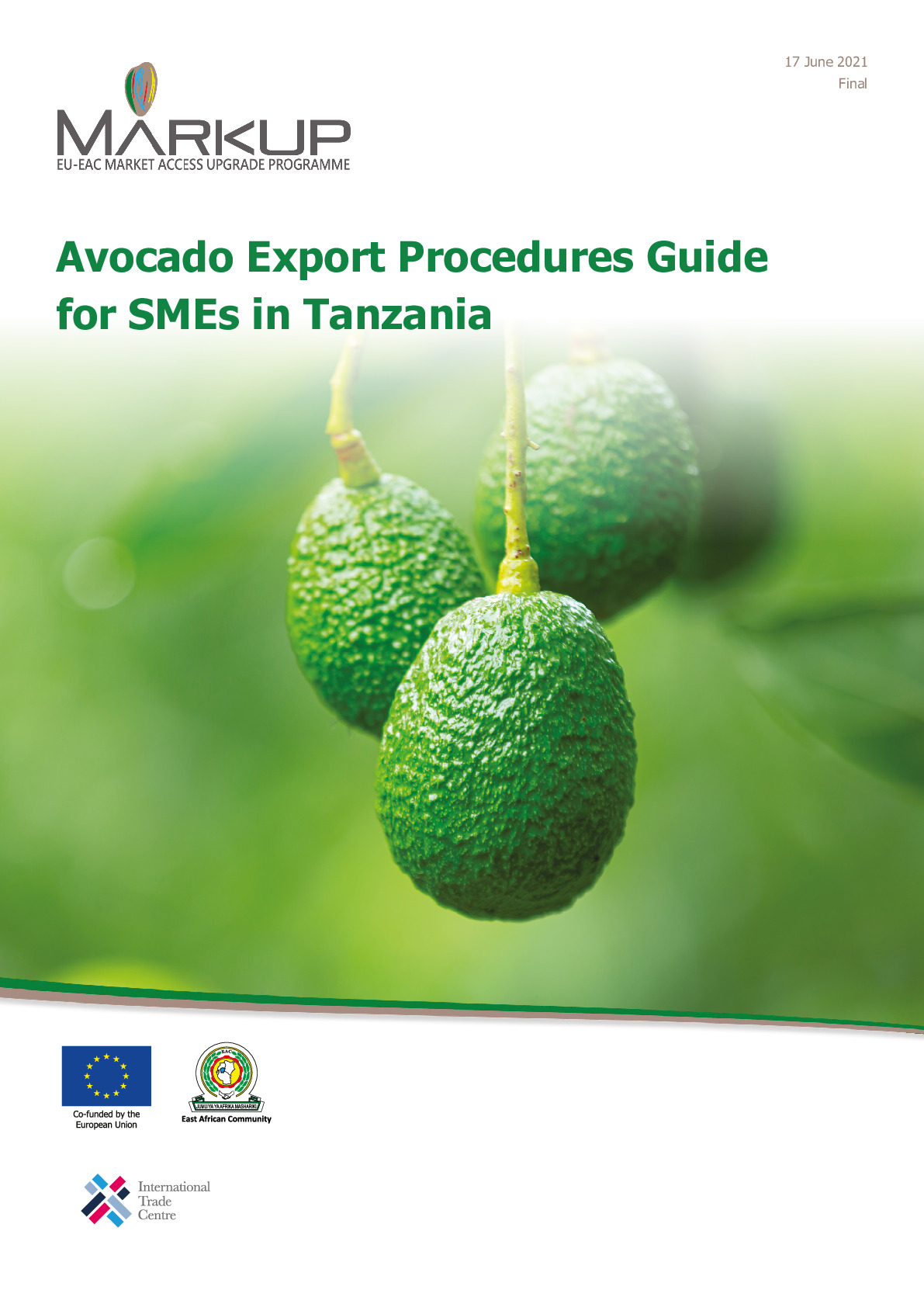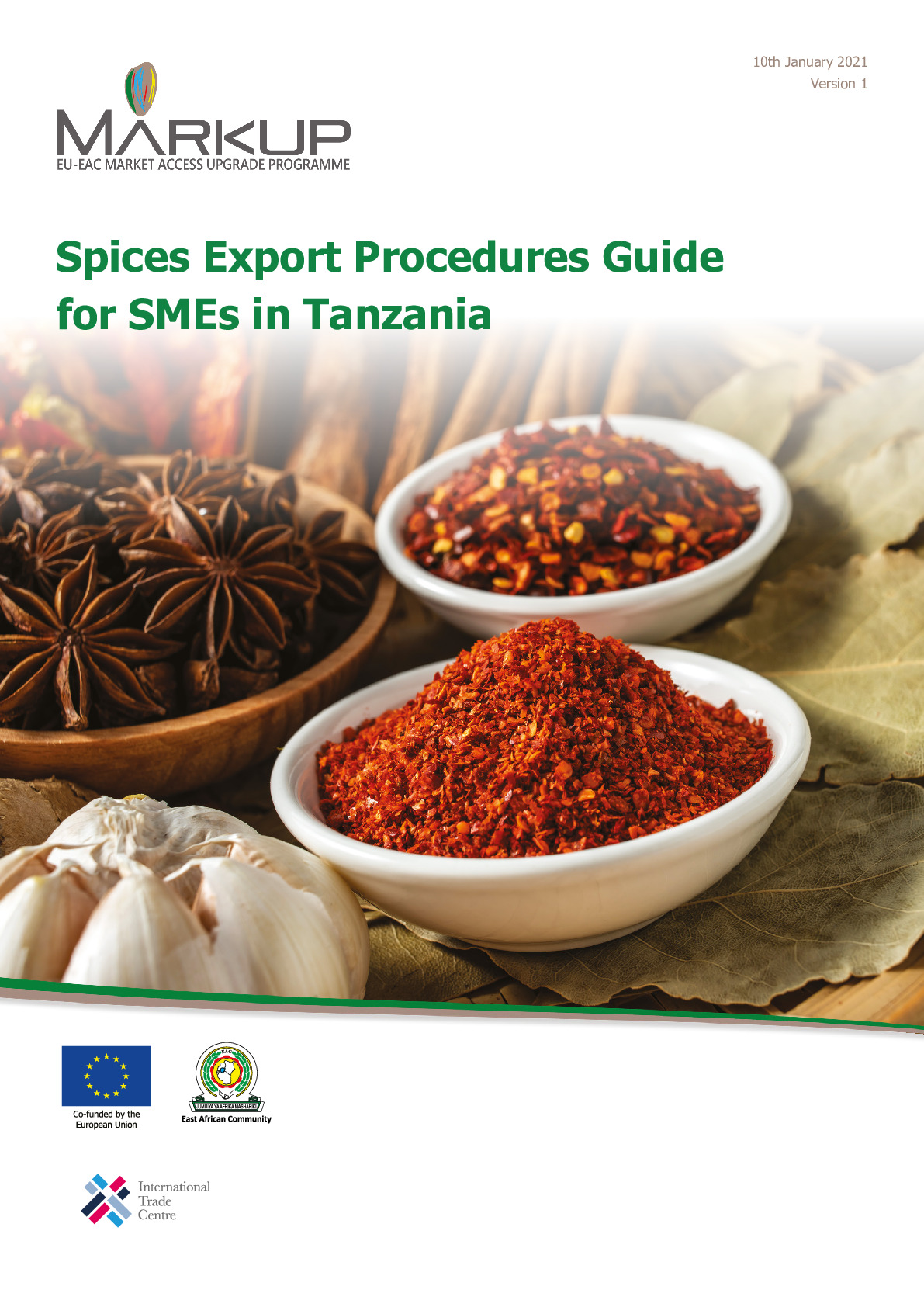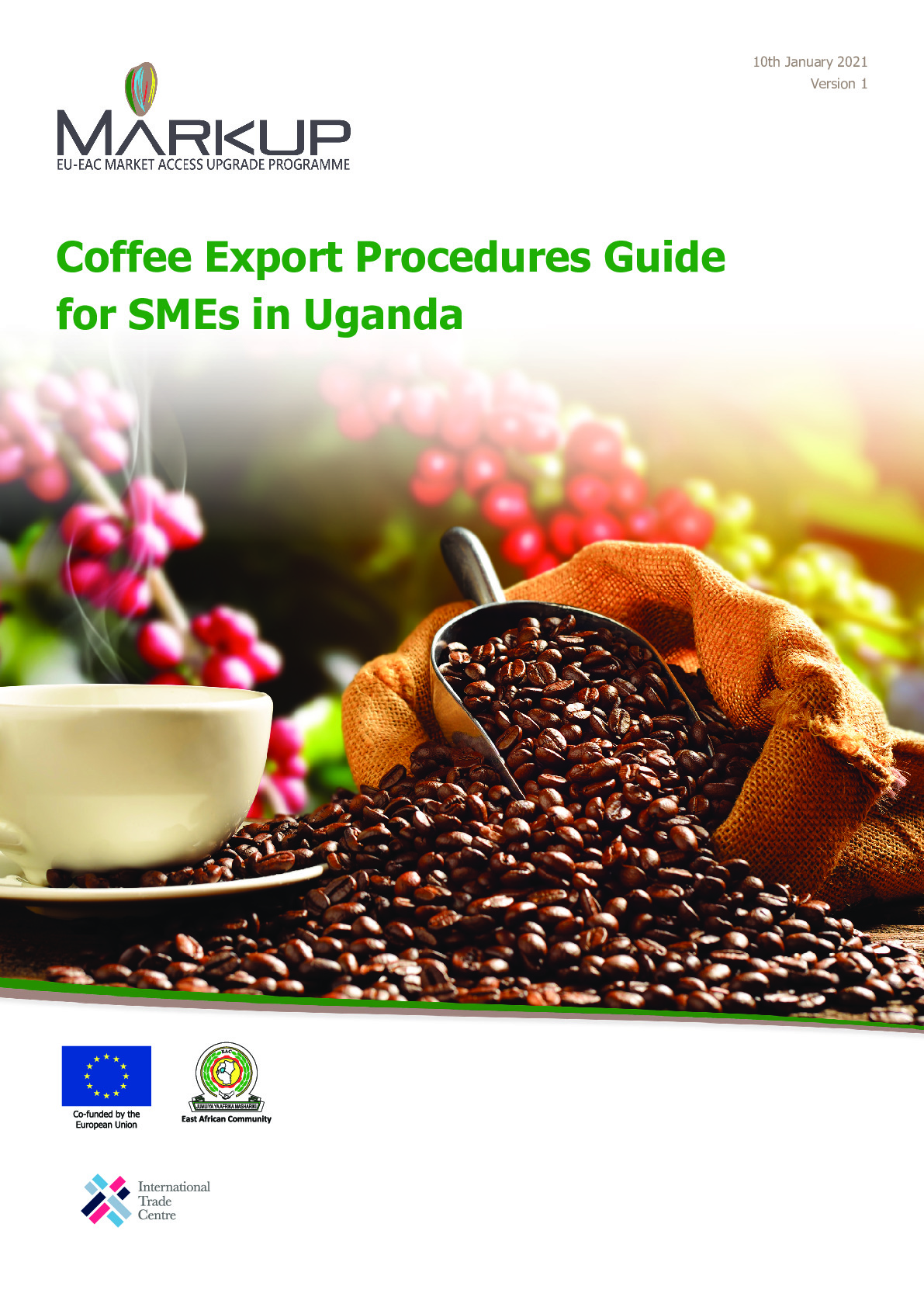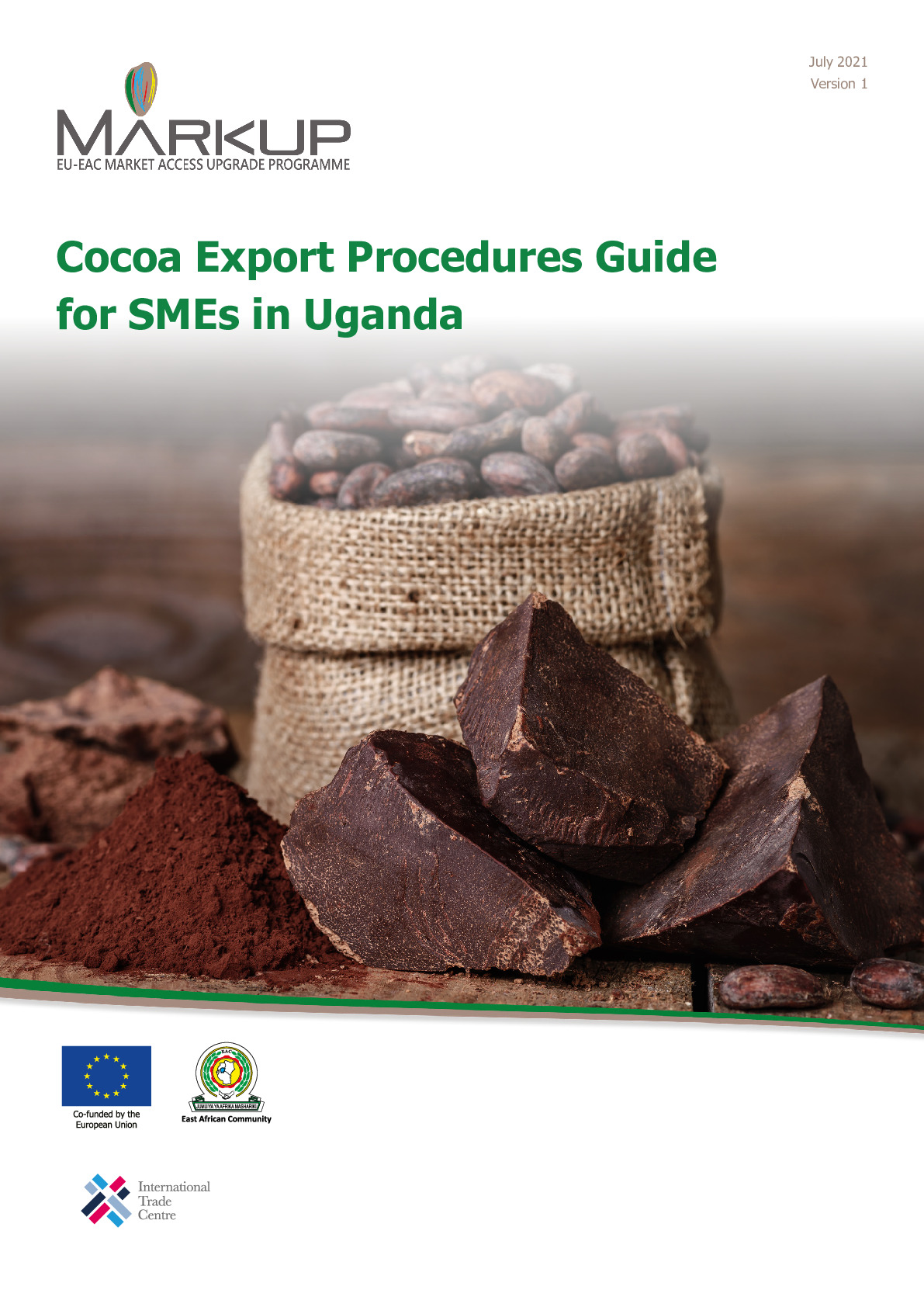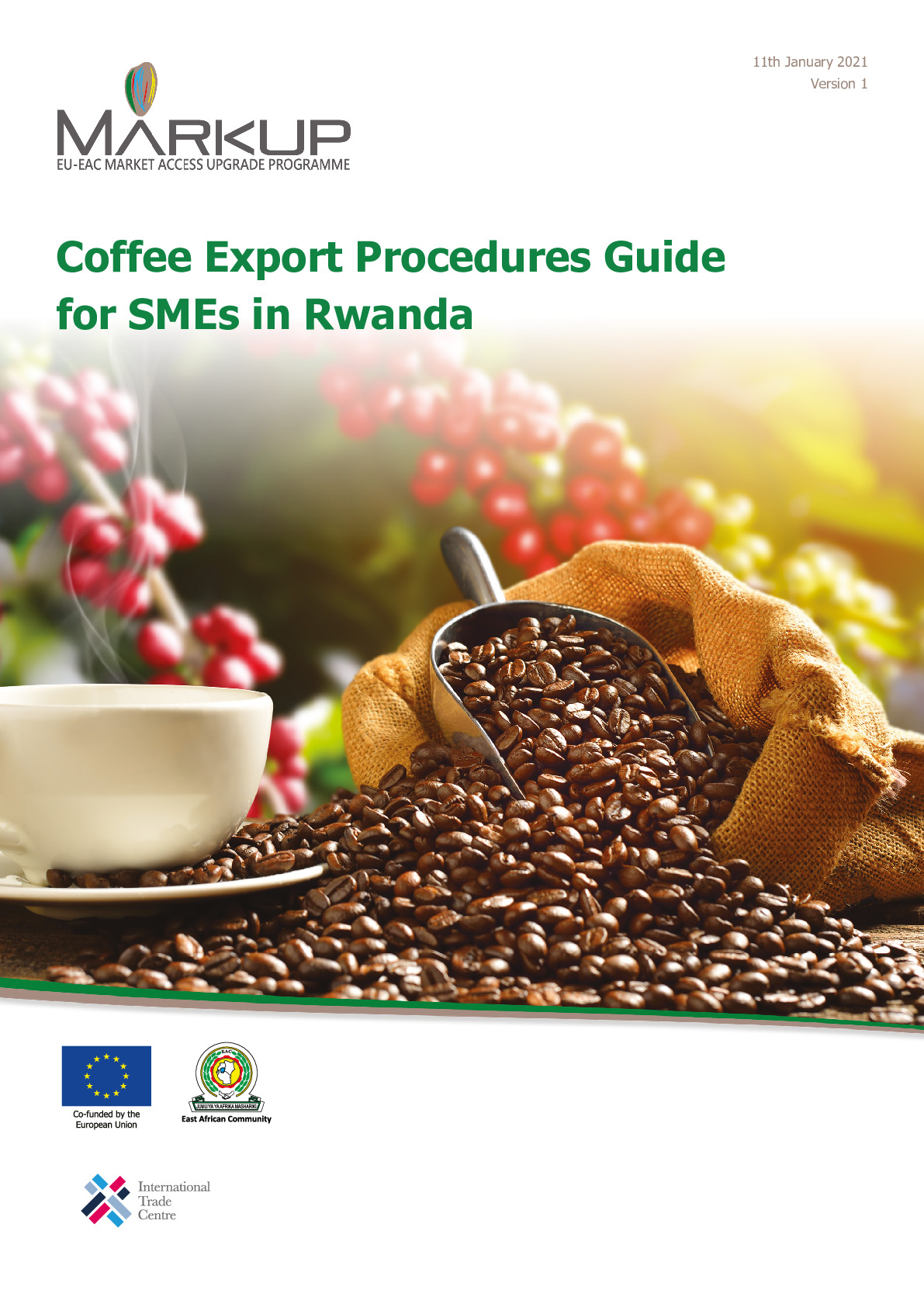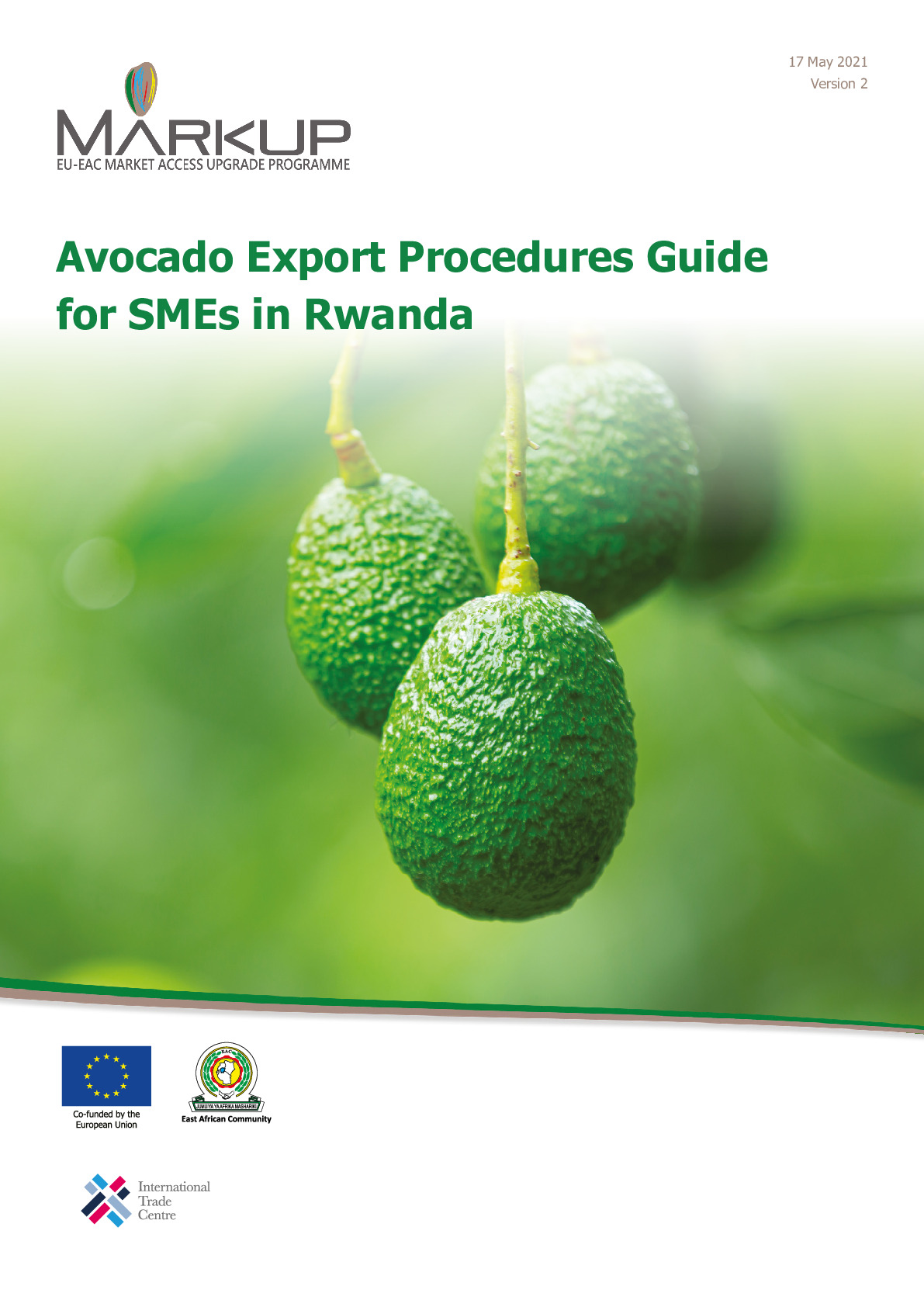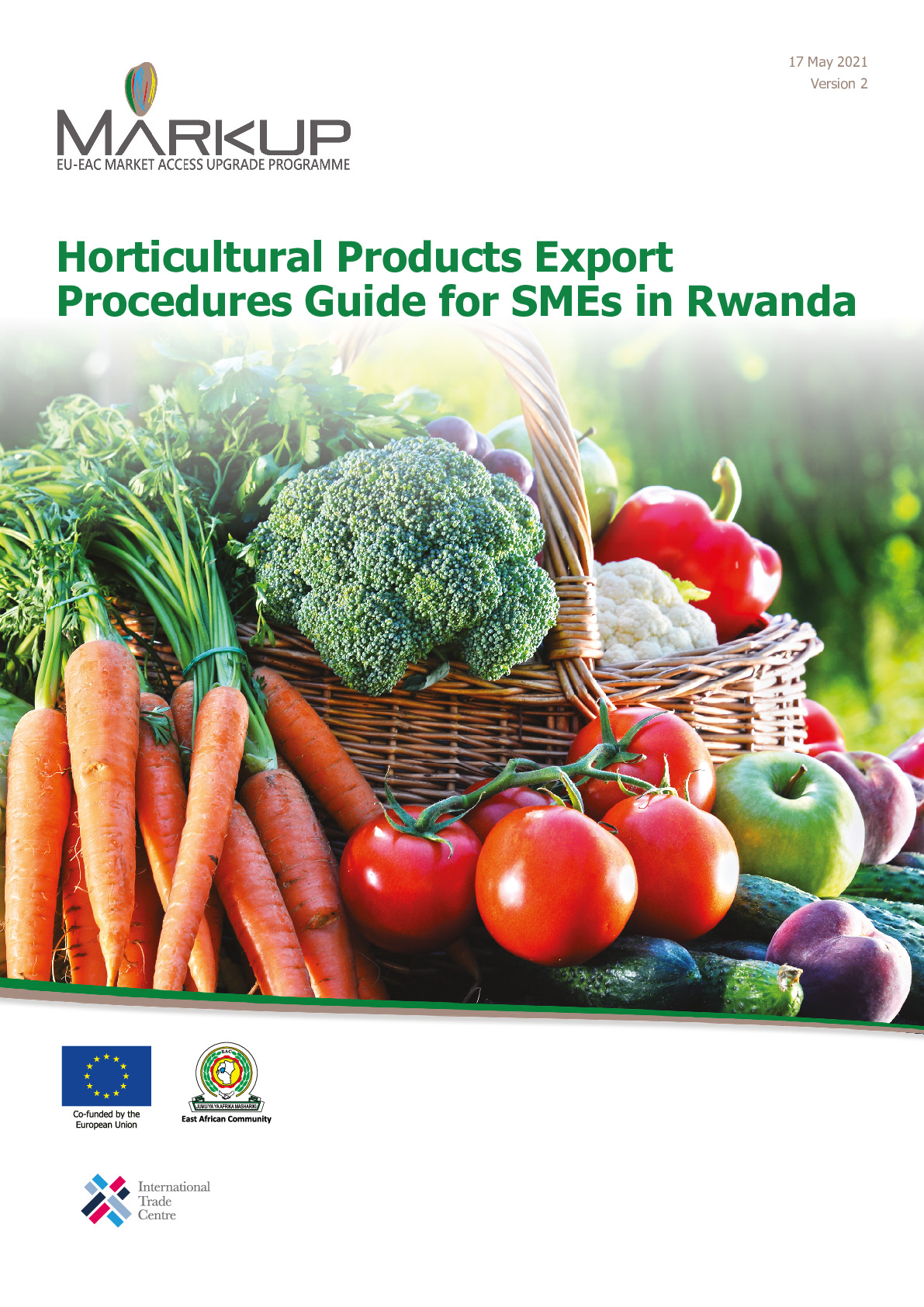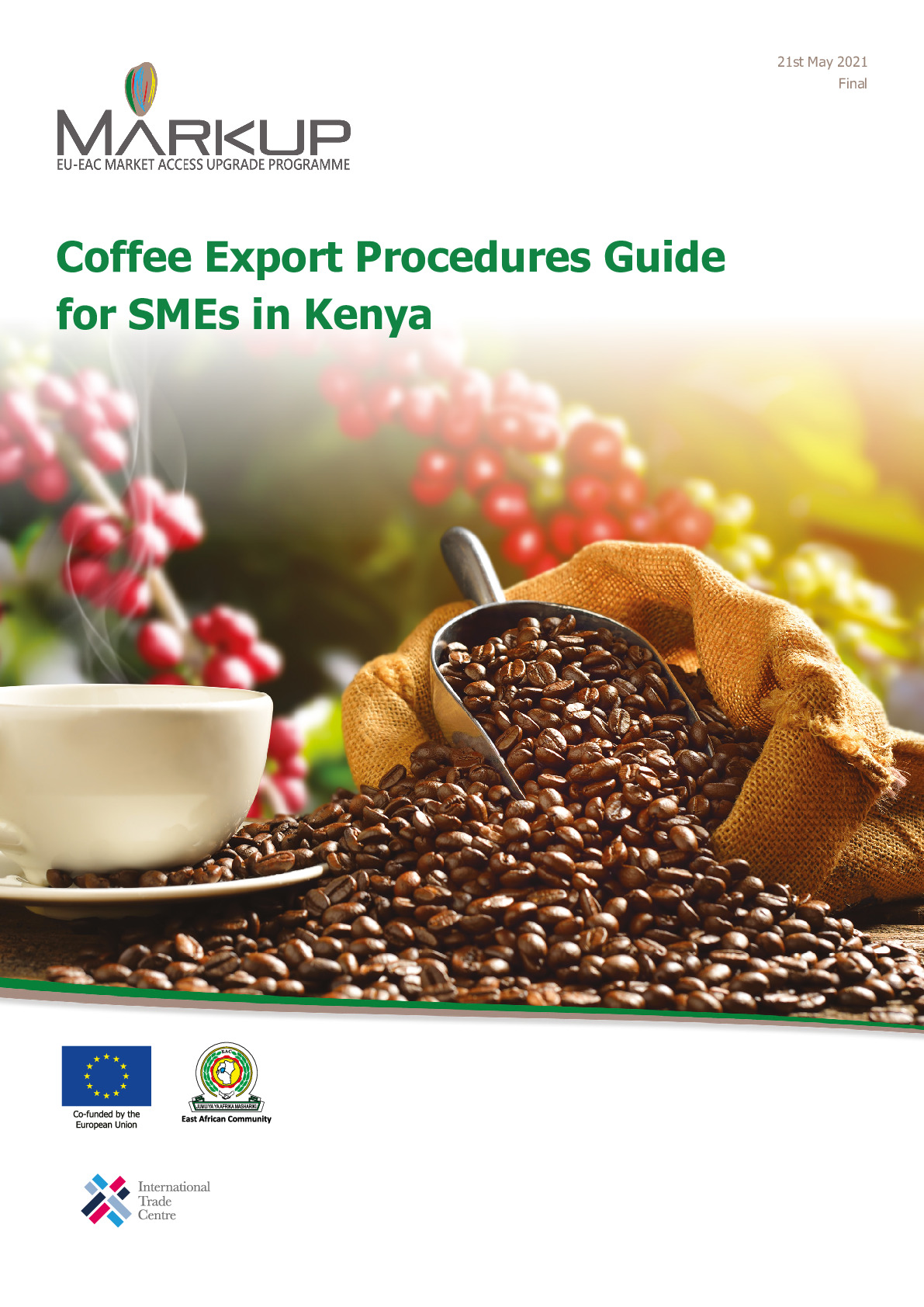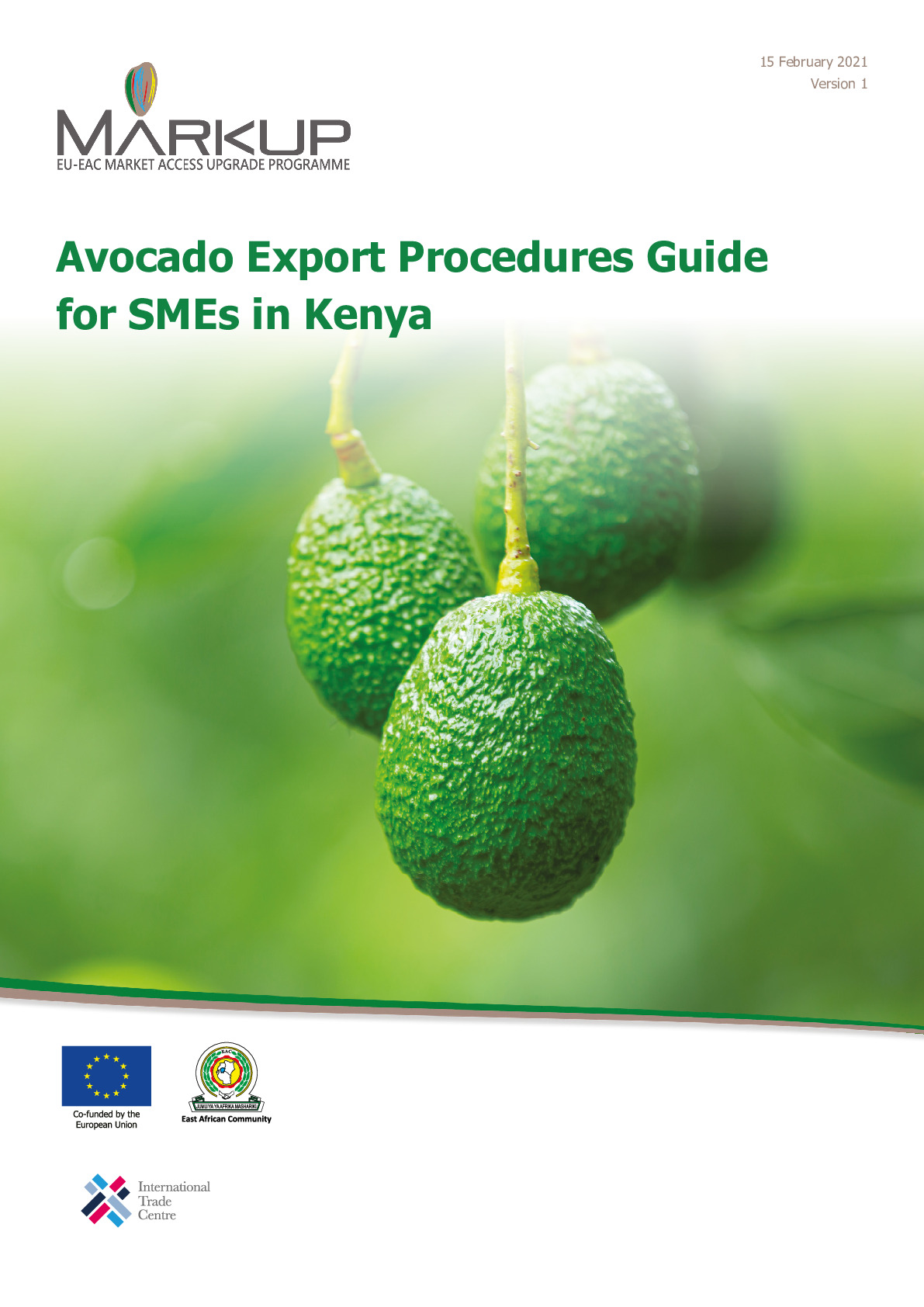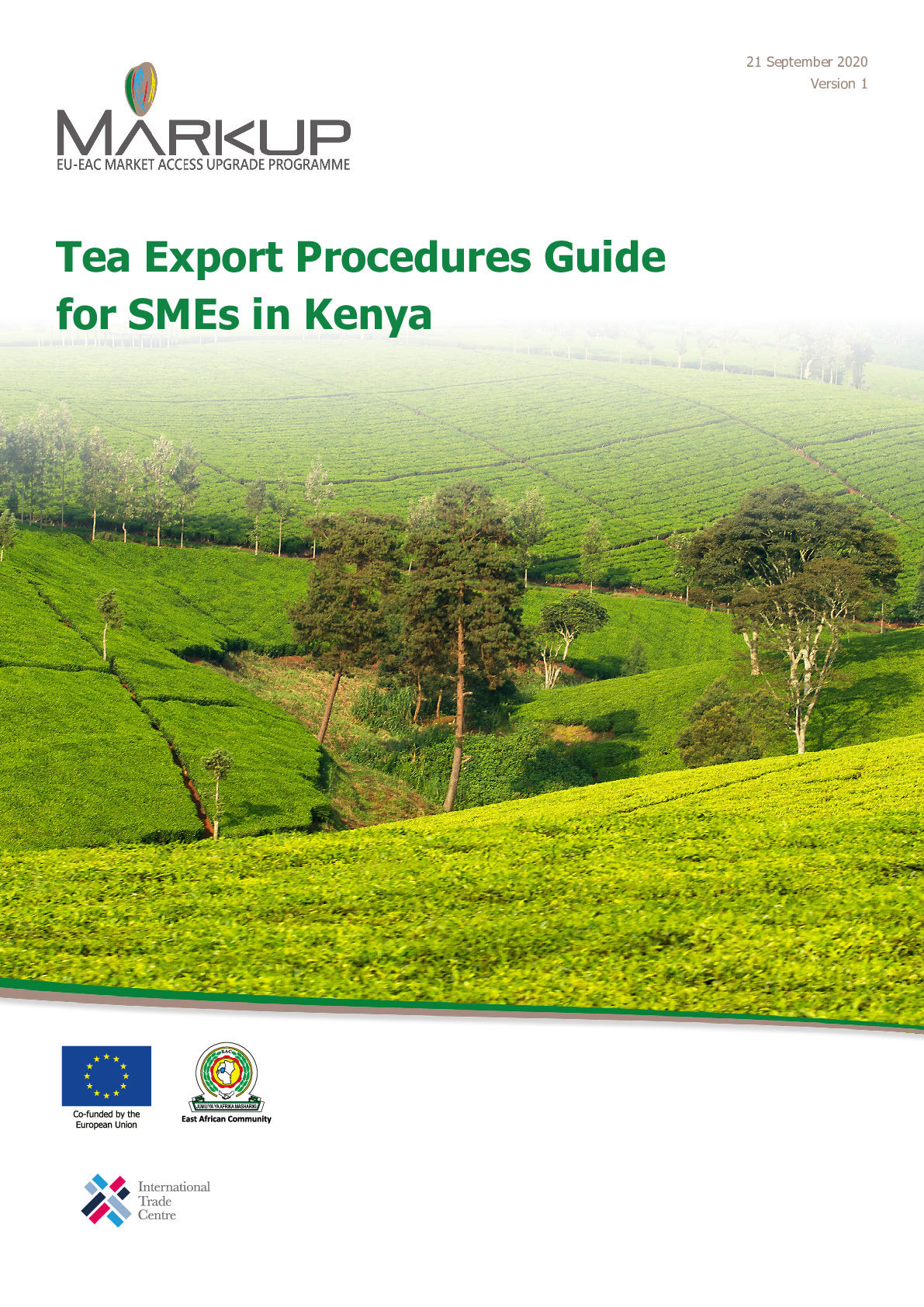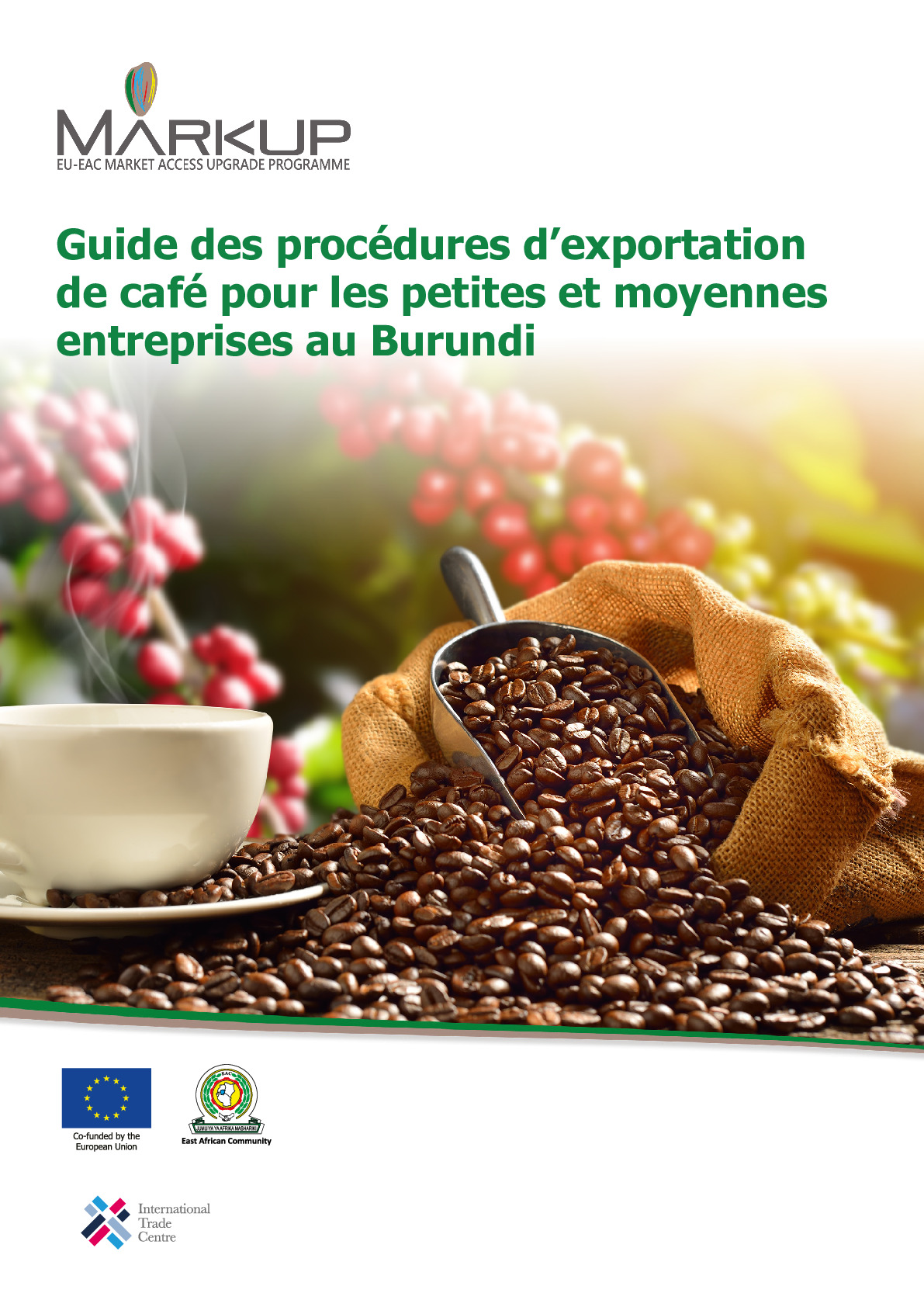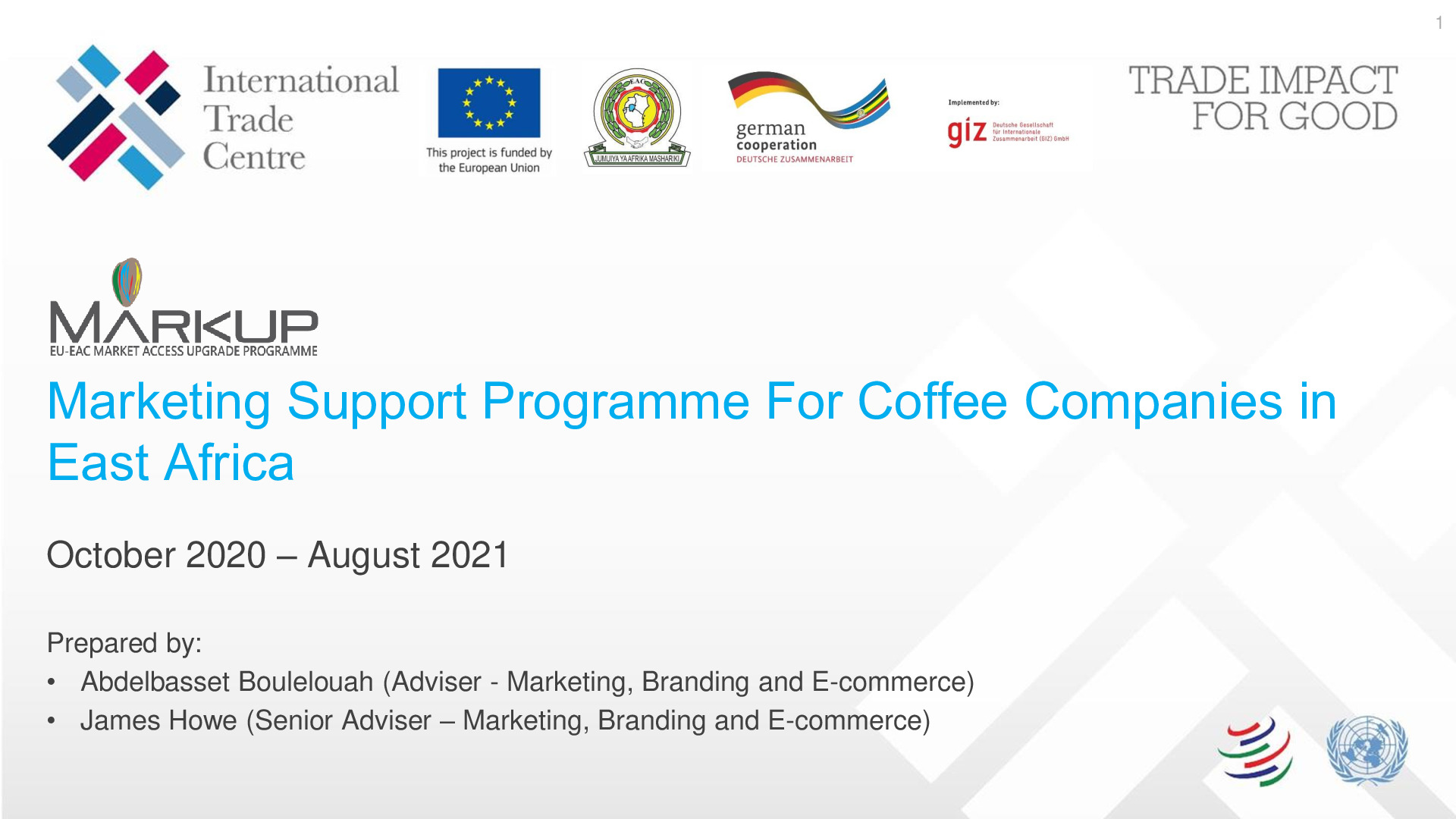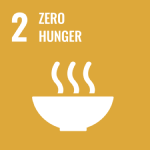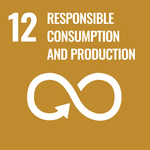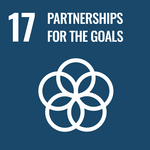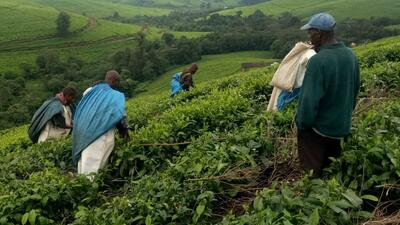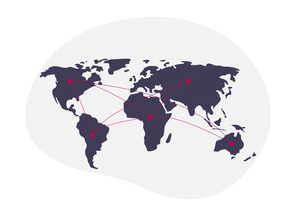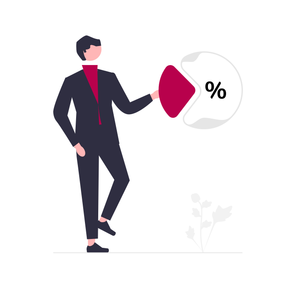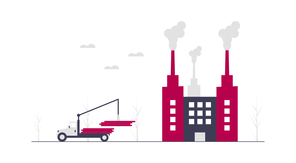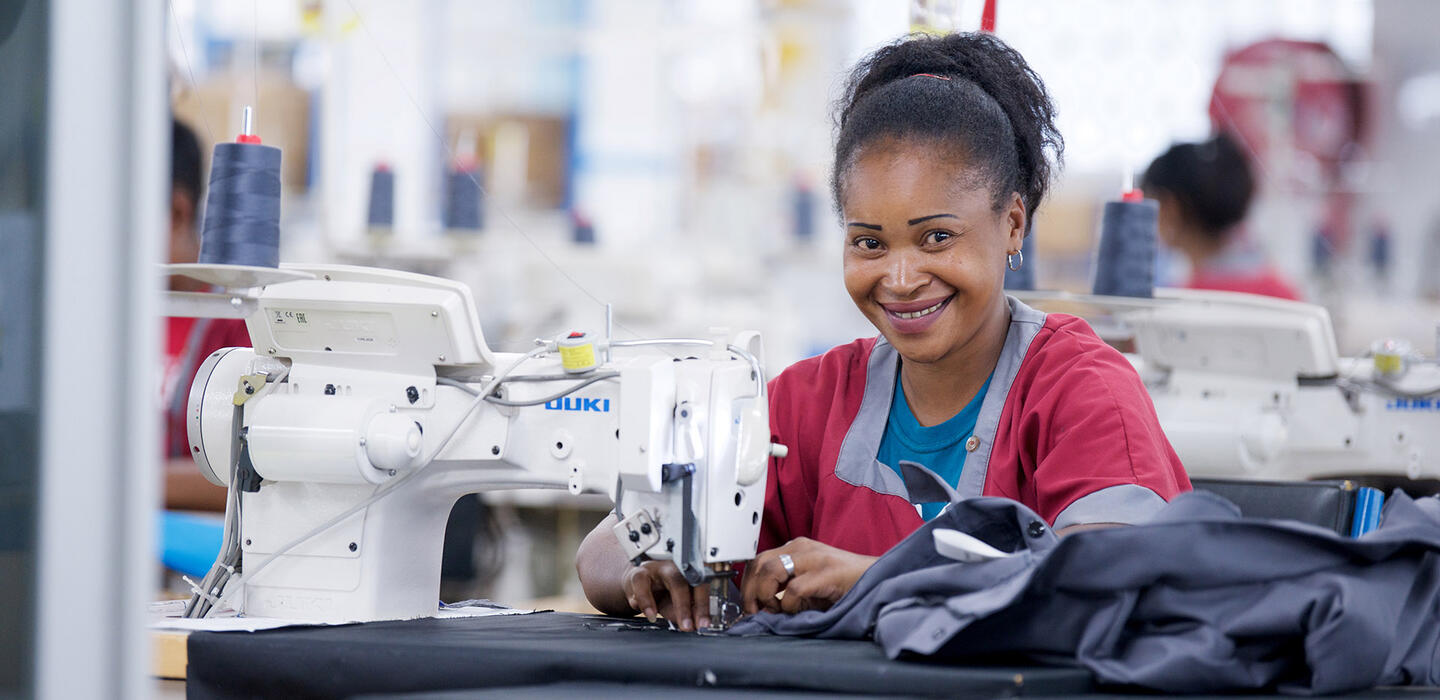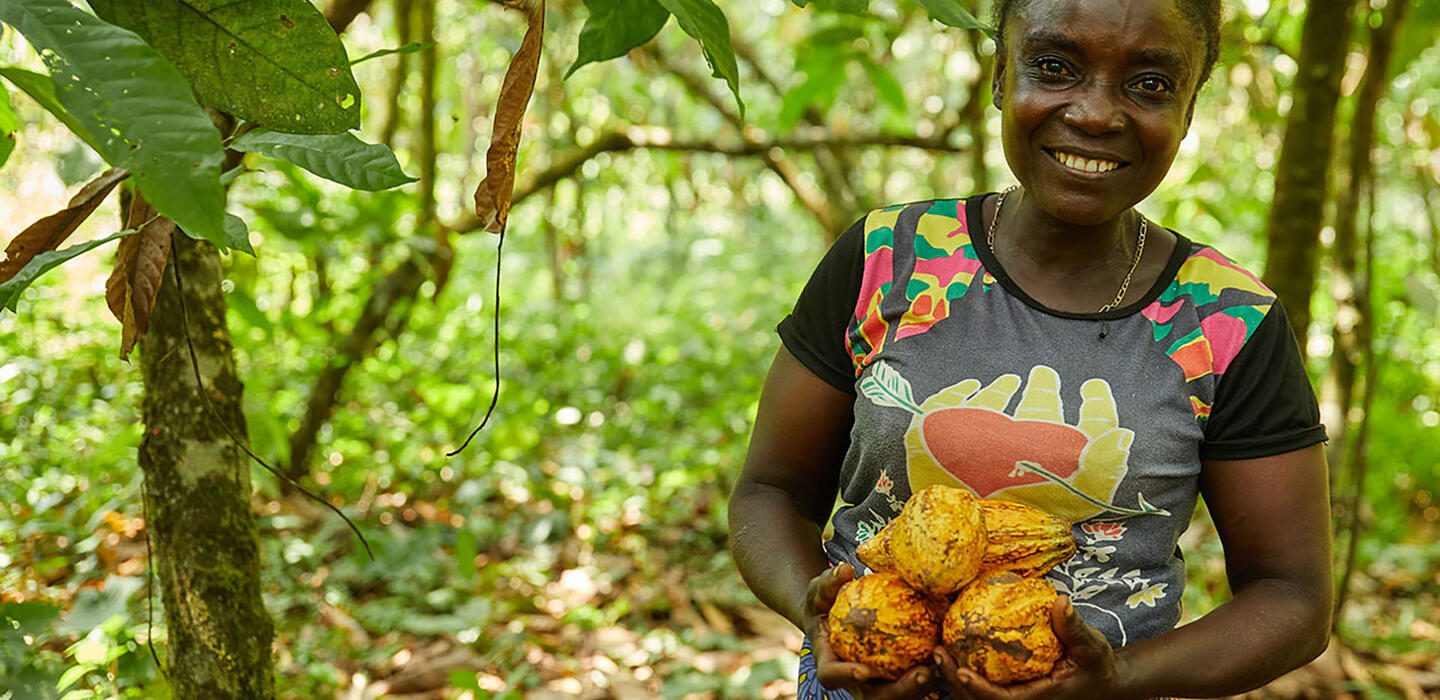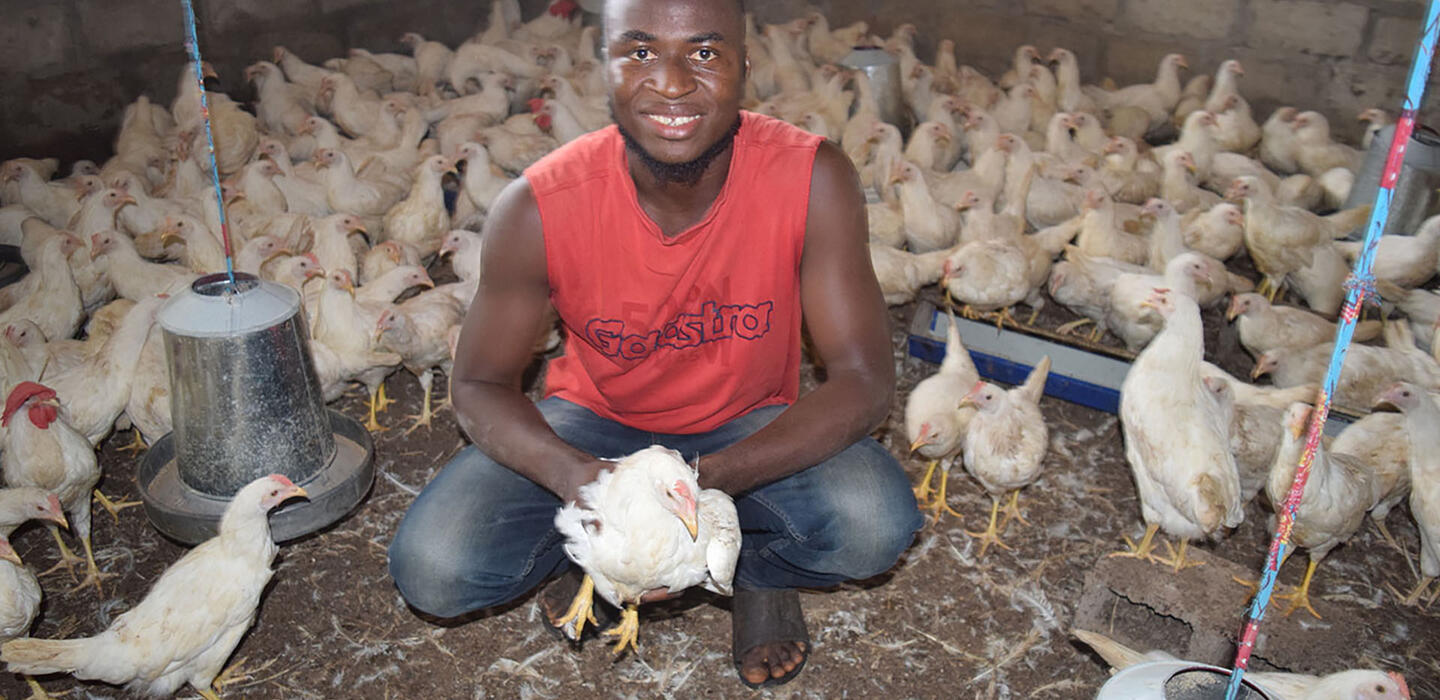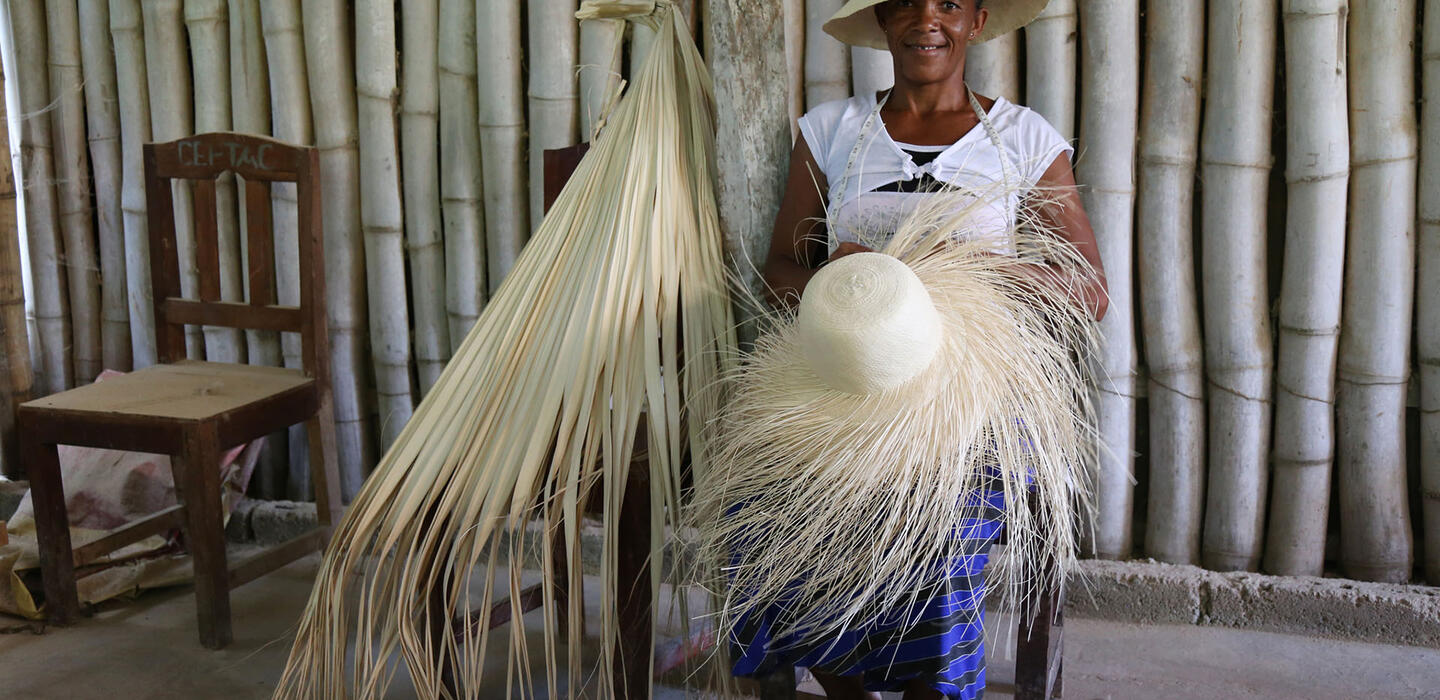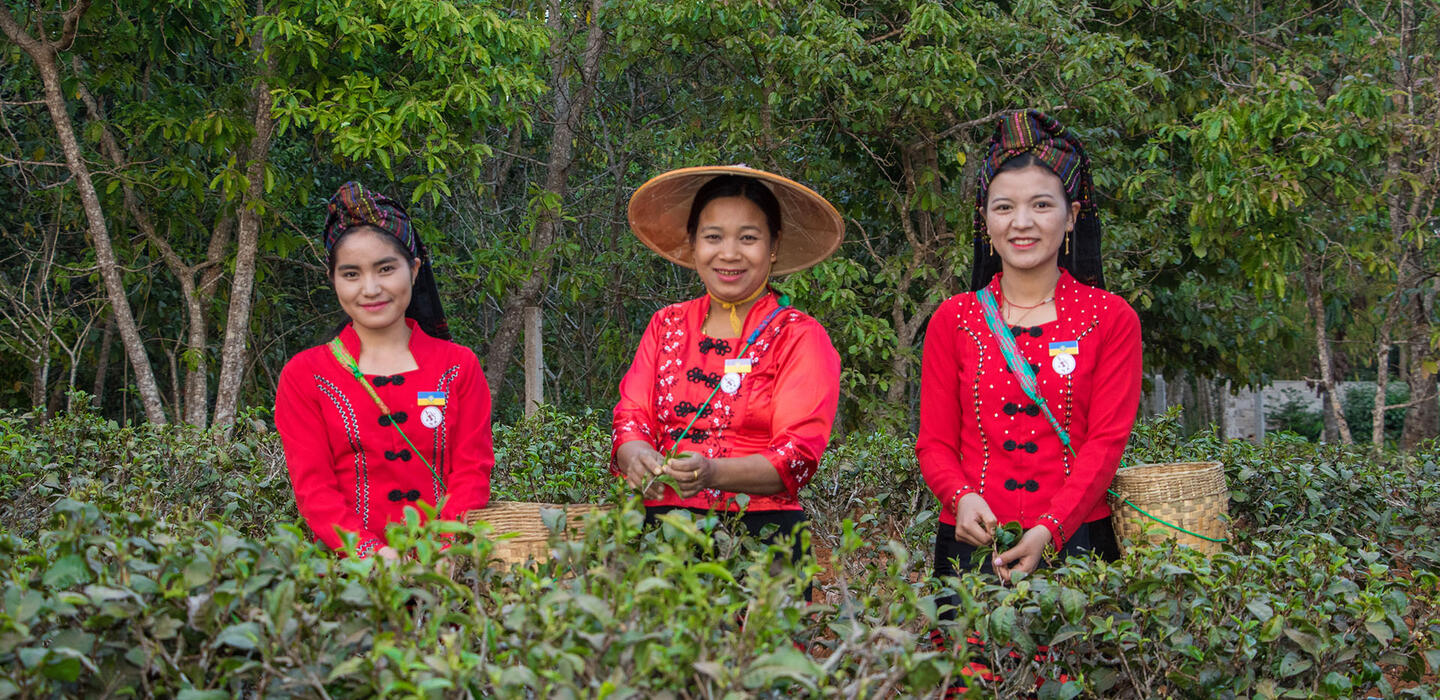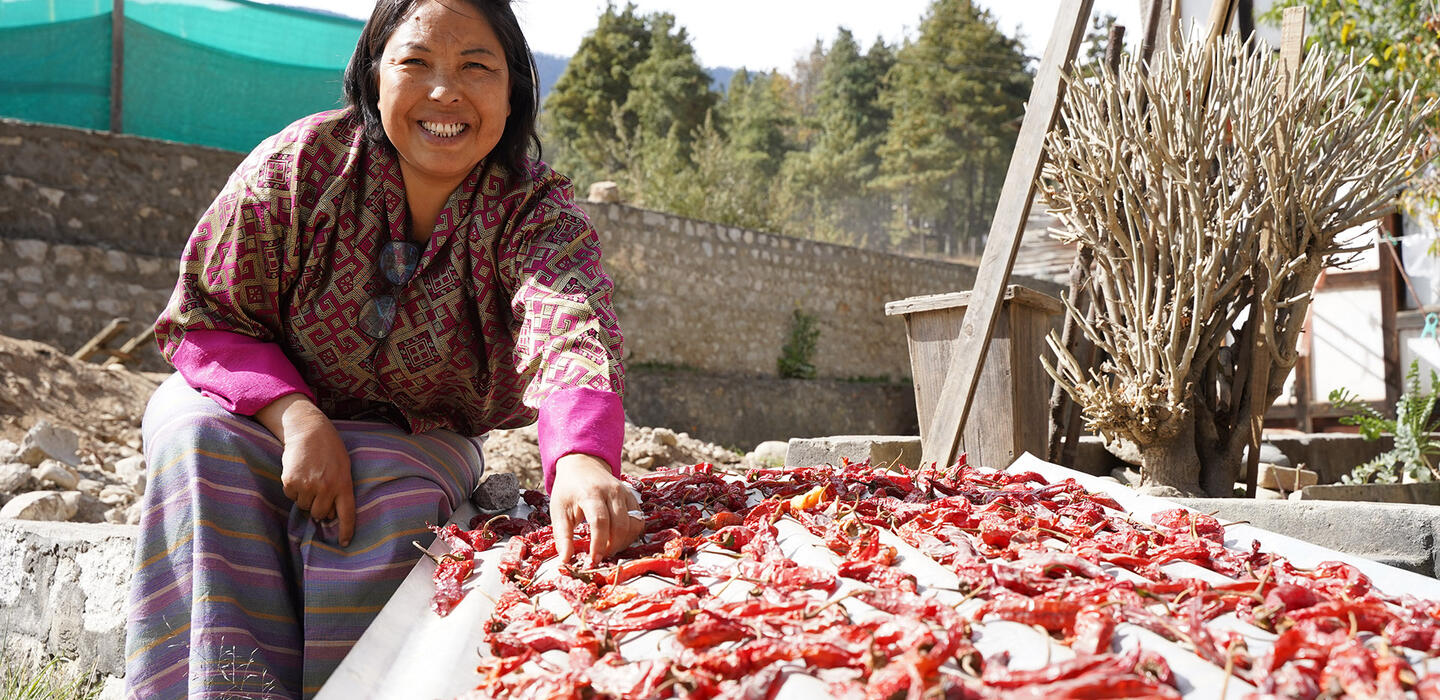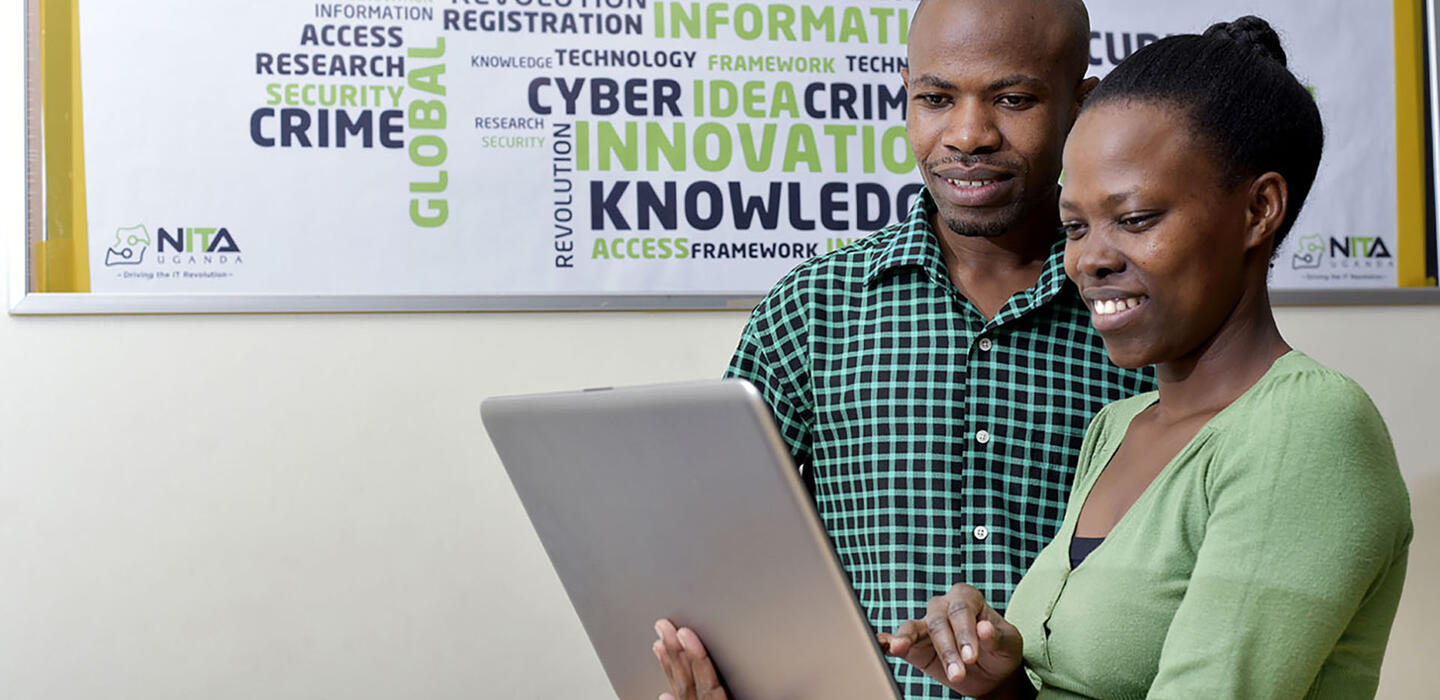EU-EAC Market Access Upgrade Programme - MARKUP
Helping East African Community farmers prosper.
Thanks to the training provided by ITC through MARKUP, farmers in the East African Community (EAC) have learned how to assess the qualities of their coffee and negotiate a price, they have learned cocoa fermentation techniques, and they have also become skilled in marketing, branding and exporting their products.
MARKUP supports small businesses in a variety of sectors, including avocado, cocoa, coffee, horticulture, spices and tea. We work to identify and eliminate barriers to their trade, improve their competitiveness and help provide access to finance and investment.
Through our work in Burundi, Kenya, Rwanda, Tanzania and Uganda, we have:
- Impacted the lives of more than 2,800 beneficiaries in EAC countries
- Improved the export capacities of 780 companies
- Helped 71 companies in the EAC countries generate at least $10.5m in exports
- Assisted 79 companies in EAC countries to access $10 m in new funding
- Facilitated more than $1 million of European investment in EAC based companies
- Improved services of 16 regional and national institutions to member companies
- Improved 12 trade-related policies, strategies and regulations in Kenya, Tanzania and Rwanda
Video playlist
Sustainable Development Goals
<p>The Market Access Upgrade Programme (MARKUP) is a regional initiative aiming at improving market access to the European Union (EU) and the East African region for five East Africa Community (EAC) partner countries - Burundi, Kenya, Rwanda, Tanzania and Uganda - agro-industrial crop and horticultural sectors. MARKUP is funded by the EU 11th European Development Fund over the period 2018-2022. The Program will be implemented by various partners, including ITC, GIZ, UNIDO and other partners that will be selected by the EAC Partner States. The intervention of ITC will entail the implementation of the activities to improve product quality compliance, value addition, access to finance and business promotion as well as business advocacy to facilitate trade in the EAC region. </p><p><a name="_ftn7" title="" href="#_ftnref7"></a></p><p><a name="_ftn7" title="" href="#_ftnref7"></a></p>




